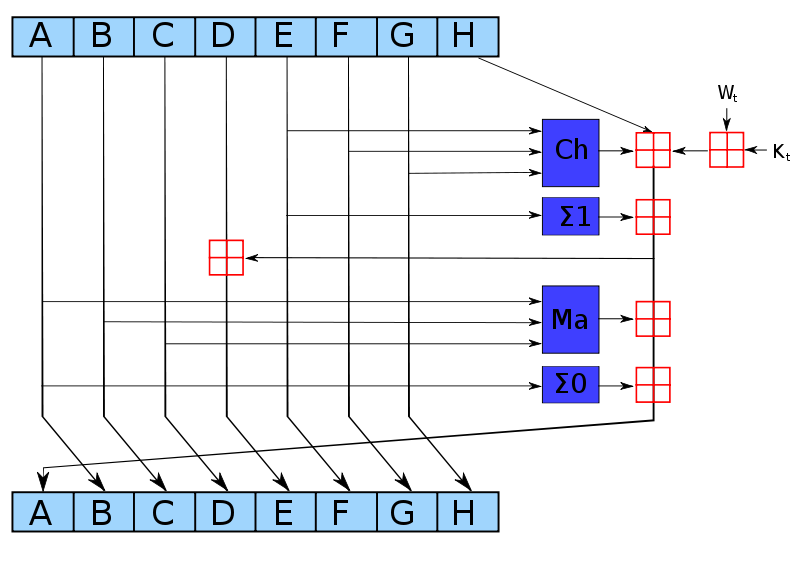Business?
Deep technical knowledge
Understanding of a law
&
Be stubborn
Every human decision is arbitrary
Only mathematical algorithm can maintain non arbitrariness
We depend on minds of other people to provide “justice”. However, “justice” as social term is strongly arbitrary and the meaning strongly depends on human emotional unpredictable ilogical opinion. Function of pure justice is to be as much non arbitrary system as possible. We create big institutions as states and higher and supreme courts to avoid arbitrariness. If you see big institutions like USA, EU, International tort court, European court for Human rights, it is because people don’t want to depend only on decision of one man. Every trust in dictatorship falls with instability and unpredictability of just one man mind. We call for higher authority. Thanks to technology the human kind solved problem of arbitrariness. Math have no values.
Who will judge your actions?
Who will judge your actions?
The Government
Who will judge your actions?
The Government
But, do you trust your government with your life and money?





Anonymity
Secure information transferring
&
Cryptography
Cryptography or cryptology (from Greek κρυπτός kryptós, "hidden, secret"; and γράφειν graphein, "writing", or -λογία -logia, "study", respectively) is the practice and study of techniques for secure communication in the presence of third parties called adversaries. More generally, cryptography is about constructing and analyzing protocols that prevent third parties or the public from reading private messages; various aspects in information security such as data confidentiality, data integrity, authentication, and non-repudiation are central to modern cryptography.
SHA256
The SHA-256 hash algorithm takes input blocks of 512 bits (i.e. 64 bytes), combines the data cryptographically, and generates a 256-bit (32 byte) output. The SHA-256 algorithm consists of a relatively simple round repeated 64 times. The diagram below shows one round, which takes eight 4-byte inputs, A through H, performs a few operations, and generates new values of A through H.


Why?
Because you can easily verify mathematical computations on your own laptop.
Bitcoin for user
Bitcoin for user
Private Key
L4wkPoXXZD69FbsdgTKGYVYdfG3zan63UzL1DVf2UShs6QLvzsK7
Bitcoin for user
Private Key
L4wkPoXXZD69FbsdgTKGYVYdfG3zan63UzL1DVf2UShs6QLvzsK7
Public Key
02810508dc4638fd9cdf639a5f683fc8b921dab326397d6a70035034dcd702925f
Bitcoin for user
Private Key
L4wkPoXXZD69FbsdgTKGYVYdfG3zan63UzL1DVf2UShs6QLvzsK7
Public Key
02810508dc4638fd9cdf639a5f683fc8b921dab326397d6a70035034dcd702925f
Address
1EjabP5YCviift1kR1CFjZK46CdToMZNE7

Custody of Bitcoins
easily get hacked
vs.
so strong that leads to lost all
recommendation: Trezor
You will be like "Why should I trust Bitcoin?"
You will be like "Why should I trust Bitcoin?"
Opensource
&
History
Always think like scammer do, to not be scammed
Abstract like quantum mechanics
Basic principles to understand functionality of cryptocurrency
1. Only firsts contract is valid
2. Timestamp

3. Who has right to make a timestamp?
compute!!!
proof of work
airplane comparison (mocking number of entities)
3. Who has right to make a timestamp?
Solves:
scarcity (uniqueness)
not a arbitrary decision
- check blockchain.info
4. Agreement between timestamp servers in chain
Blockchain

5. You have to have the right to make a transaction
input = output

6. Everybody has
the same copy
ledger
&
source code
Anonymity
Participants don't know:
who are they collaborators,
what they own,
when they sleep,
what they bought,
and they can cooperate even with these difficulties.
Pseudo-anonimity
use Monero instead
Questions to functionality?
Volatility

Regulation
difficult to make mathematical operations (torrents)
easy to stop exchange
Banning Bitcoin would be like banning HTTP protocol.
How bankers think
how could I sold a bank account for 2 $ per month?
Real limitations
AML
business secrets revealing
slow contracts enforcement
special taxation on bank accounts (Cyprus)
cost of transferring money to foreign countries
extensive regulation and taxation
2012–13 Cypriot
financial crisis
On 25 March 2013, a €10 billion international bailout by the Eurogroup, European Commission (EC), European Central Bank (ECB) and International Monetary Fund (IMF) was announced, in return for Cyprus agreeing to close the country's second-largest bank, the Cyprus Popular Bank (also known as Laiki Bank), imposing a one-time bank deposit levy on all uninsured deposits there, and possibly around 48% of uninsured deposits in the Bank of Cyprus (the island's largest commercial bank), many held by wealthy citizens of other countries (many of them from Russia) who were using Cyprus as a tax haven. No insured deposit of €100,000 or less would be affected.
2016 Indian banknote demonetisation
Prime Minister of India Narendra Modi announced the demonetisation in an unscheduled live televised address at 20:00 Indian Standard Time (IST) on 8 November. In the announcement, Modi declared that use of all ₹500 and ₹1000 banknotes of the Mahatma Gandhi Series would be invalid past midnight, and announced the issuance of new ₹500 and ₹2000 banknotes of the Mahatma Gandhi New Series in exchange for the old banknotes.
Meanwhile, Bitcoin crisis is about the upgrade of code.
Greek lawywer
When capital controls were imposed during the Greek financial crisis last year, Panos Giannissis helped clients to stay in business by converting some of their working capital to Bitcoin, the virtual currency.
He negotiated a deal with his clients’ suppliers from abroad to accept Bitcoin as collateral to back importation of supplies in case his clients would not be able to make payments in fiat money
Civil enforcement
10 550 000
834 000
cca 400 000
cca 145 000
< 4
< 10
Property protection
Valuable property without value for others
as a future of wealth management

Decentralised businesses
reputation system
automated execution in smart contract
peer to peer unstoppable system
proof of existence
Law
different state, different law
- immaterial movable property
- no VAT, but income has to taxed
- not money even the purpose is the transfer of value
Law and business
By pavoltravnik
Law and business
- 217



